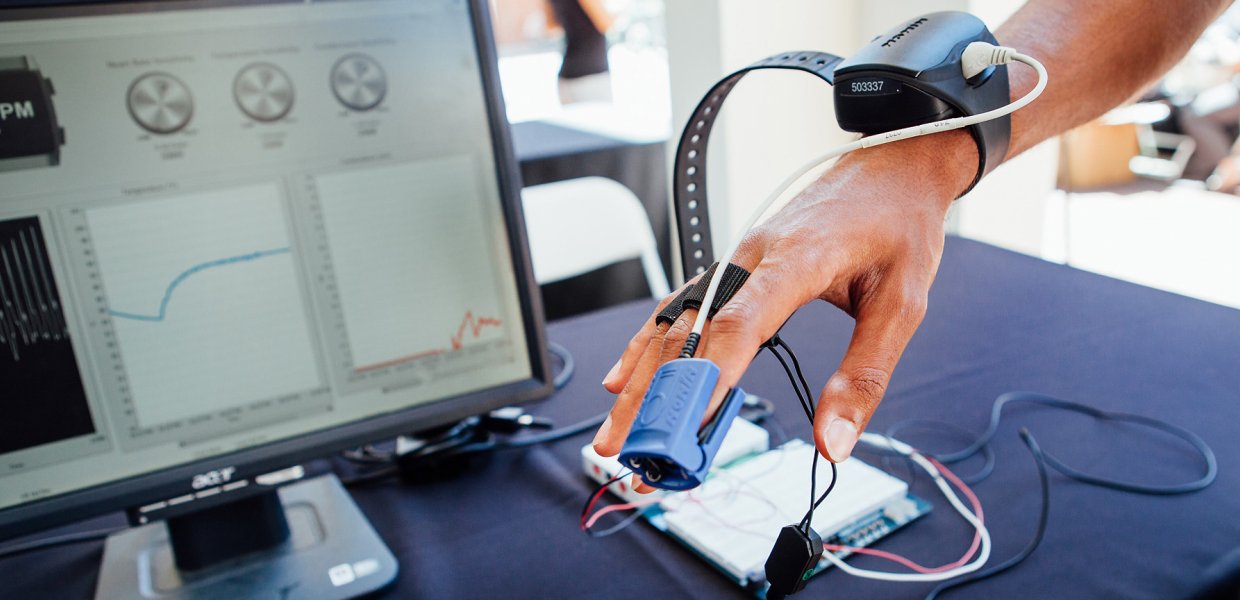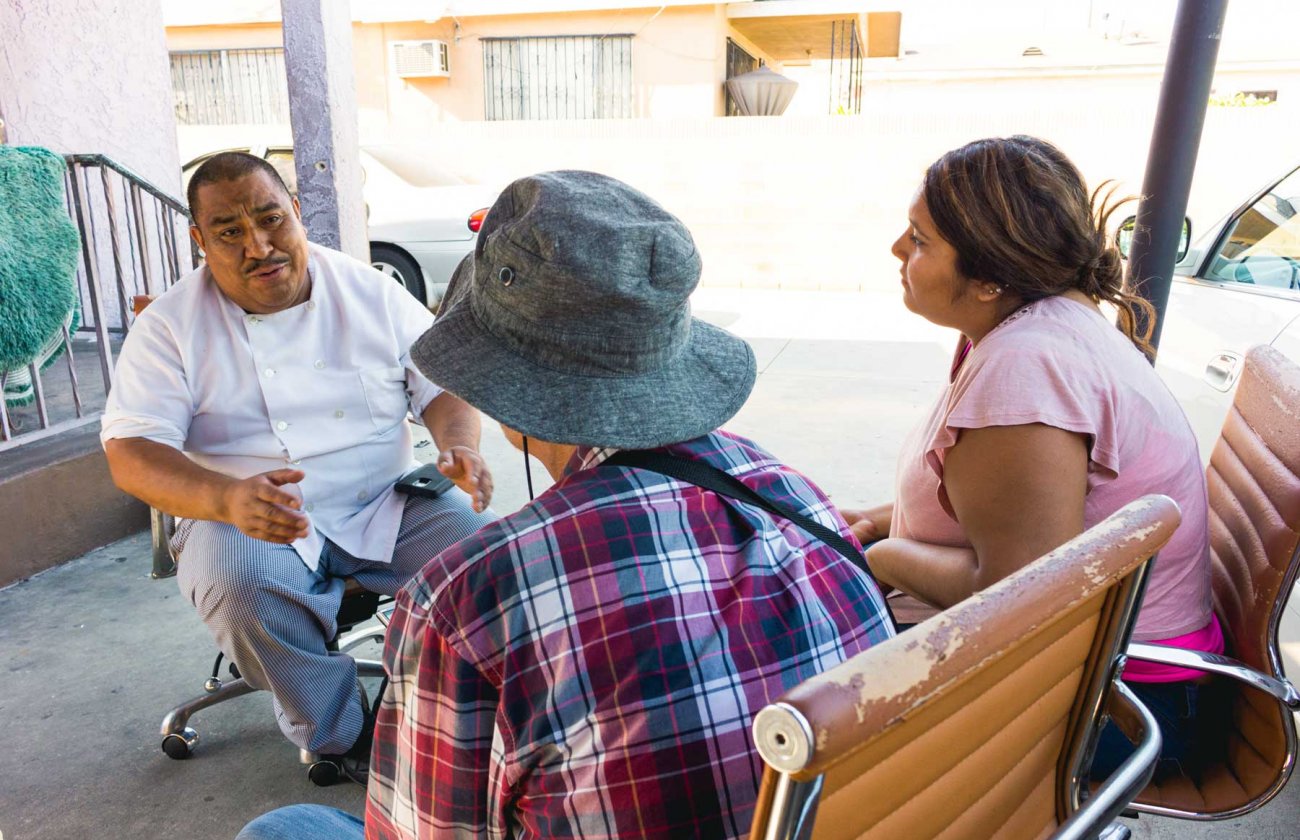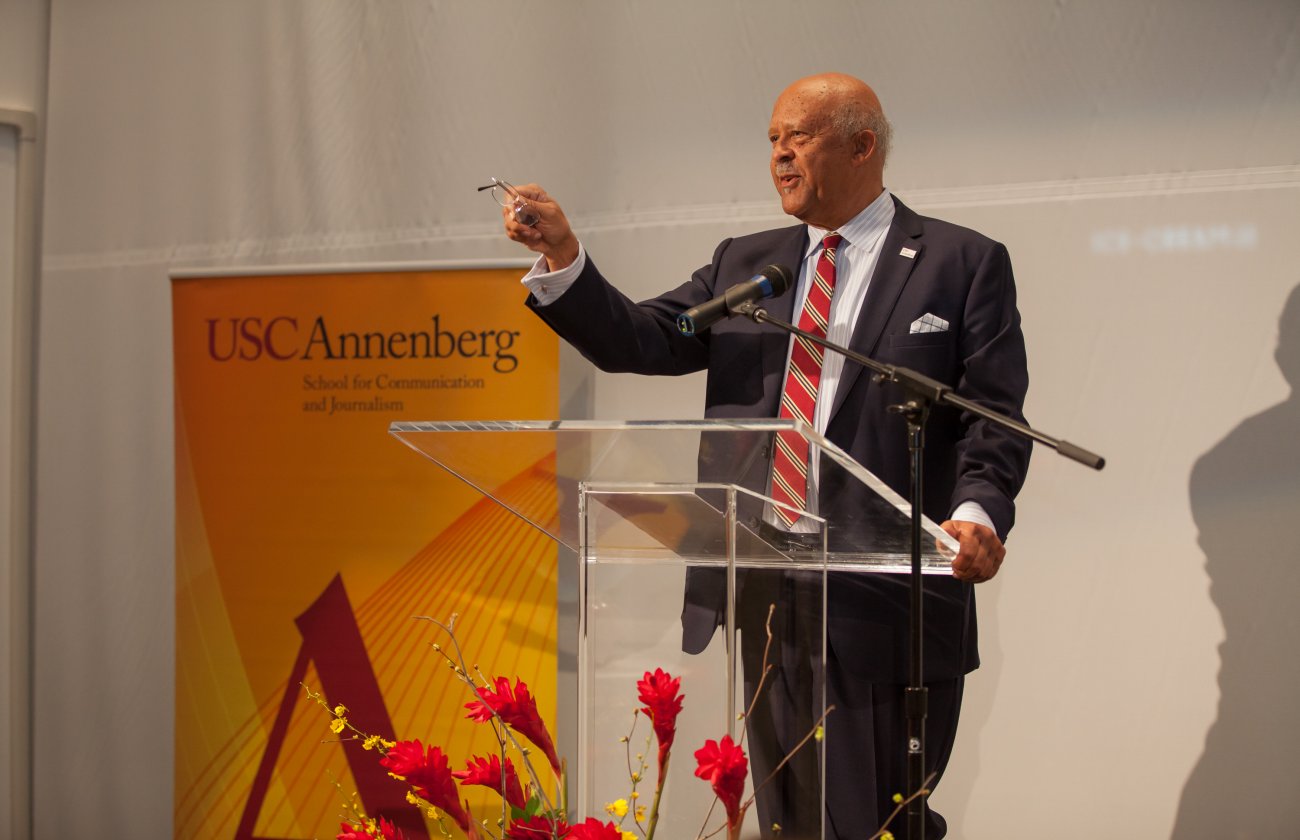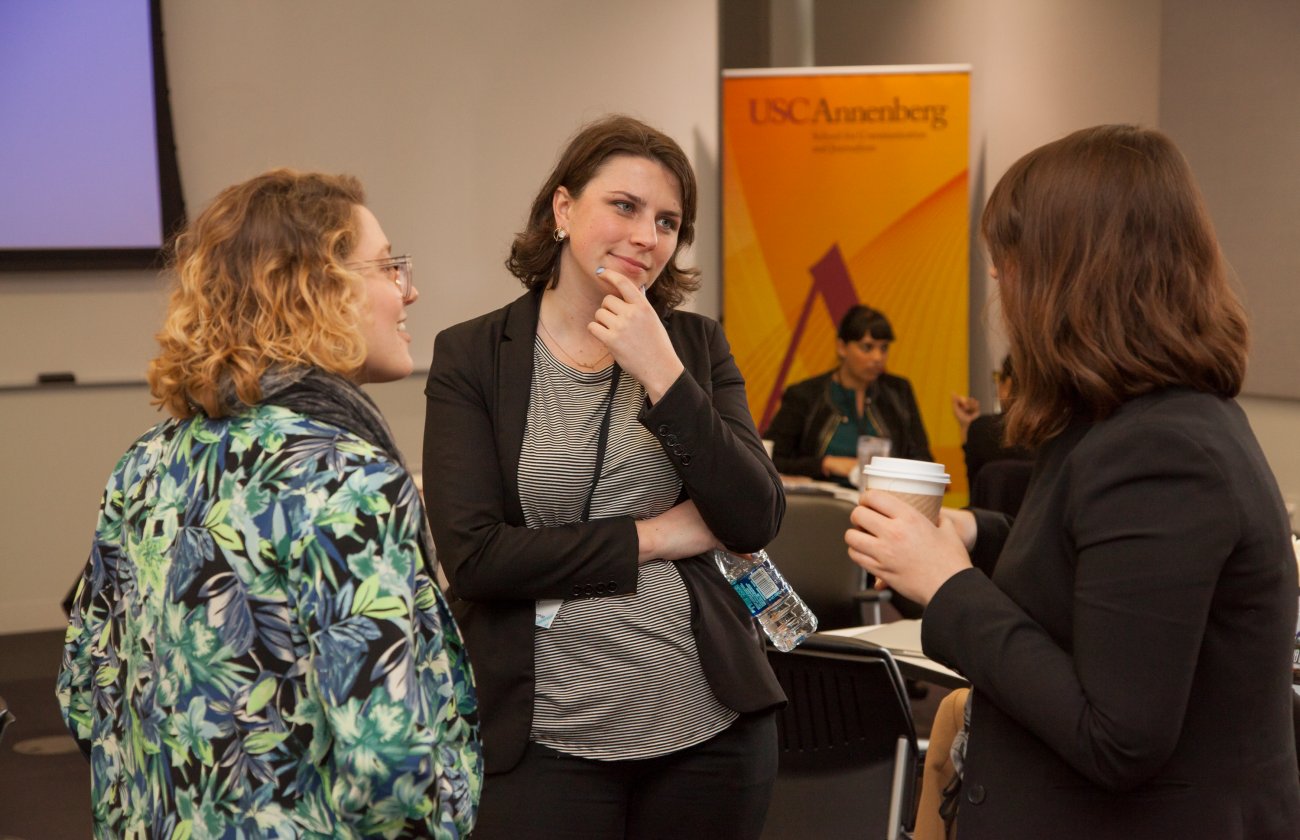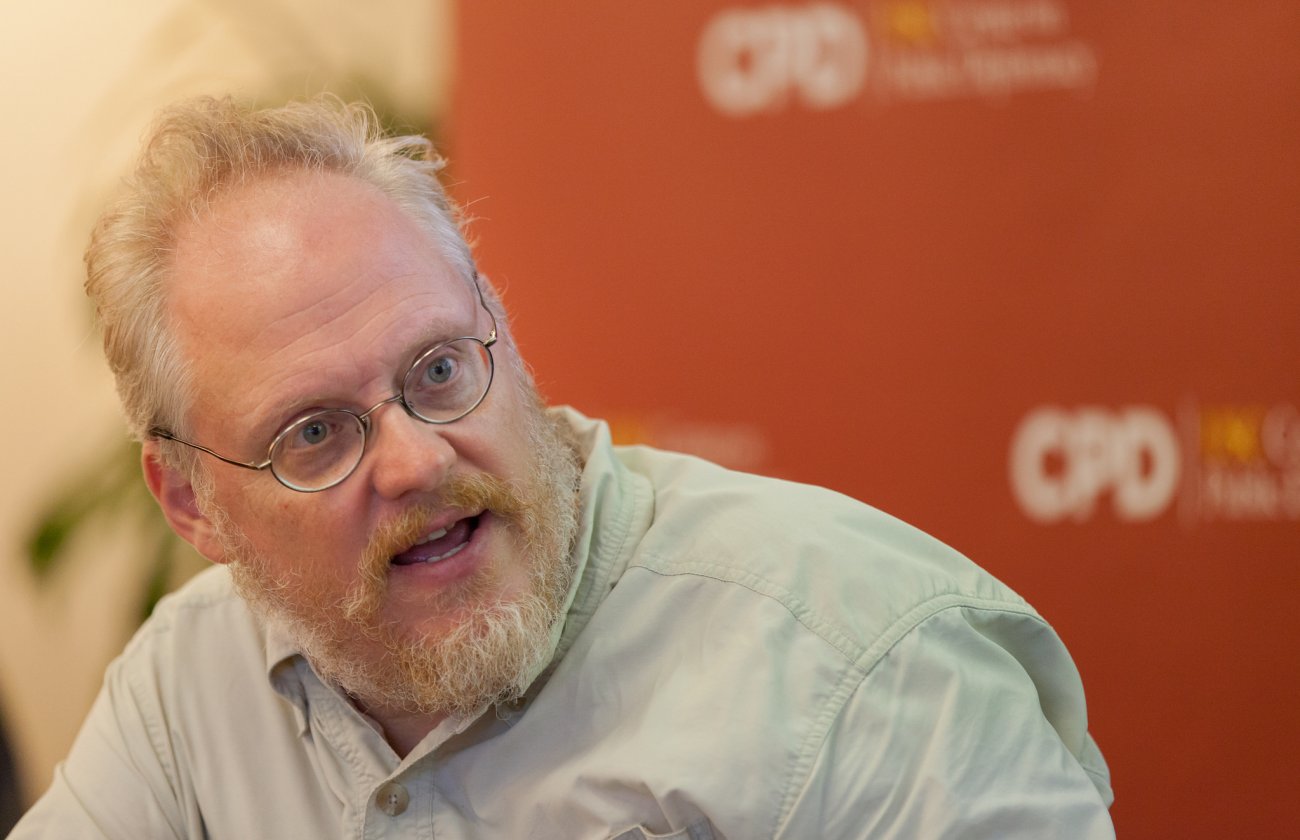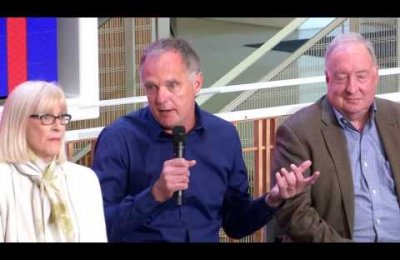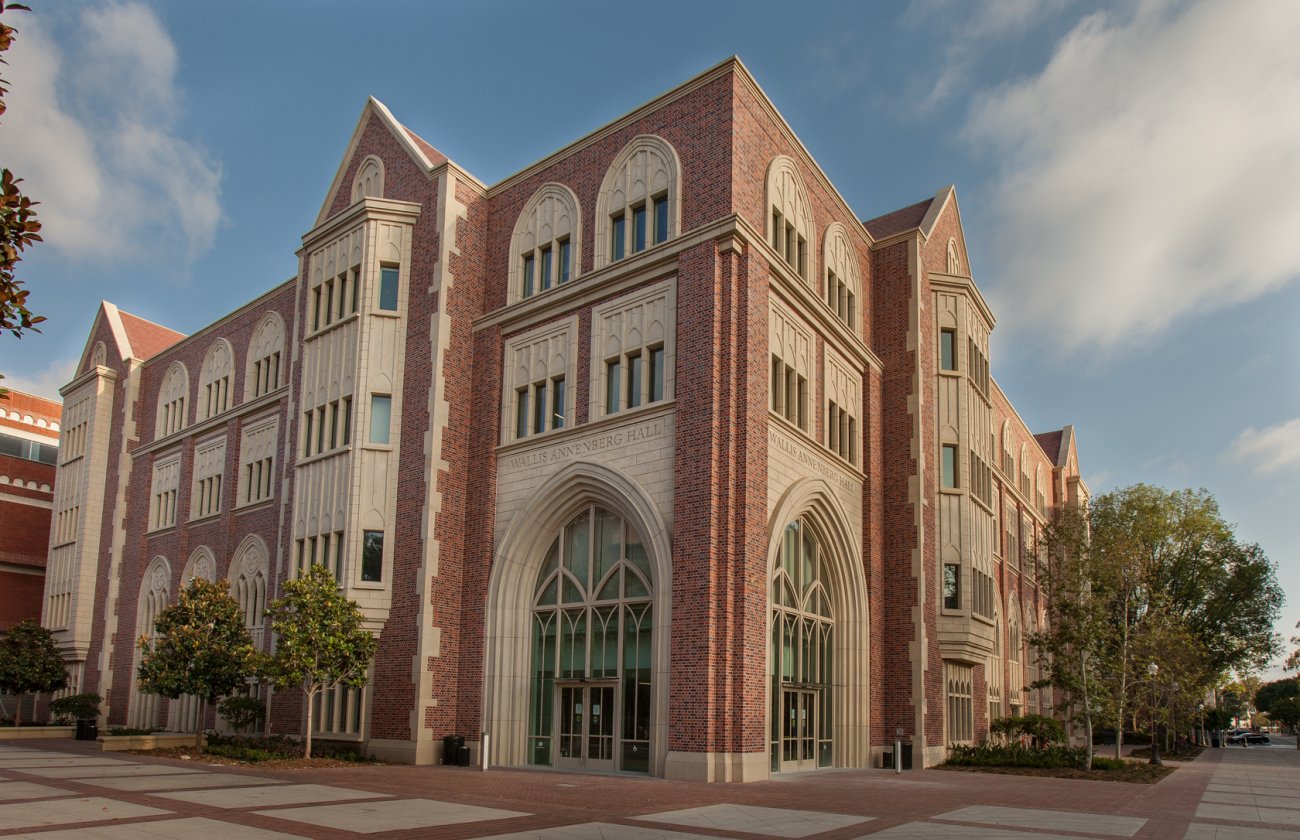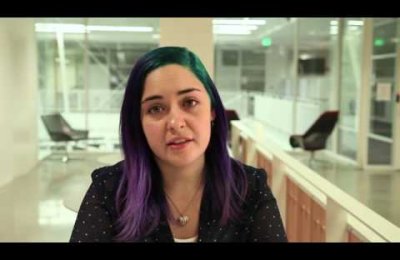The Center for Health Journalism at USC Annenberg will bring 11 California journalists to Los Angeles on Wednesday, December 2, for its inaugural California Data Fellowship, aimed at informing and elevating journalists’ health reporting by harnessing the power of data.
The 11 journalists — from newspapers, radio stations and online news outlets throughout California — will take part in intensive training on how to procure, clean, analyze and visualize health data over the course of four days. Each Fellow will also receive a $1,000 reporting grant and six months of mentoring by senior data journalists while they work on ambitious health reporting Fellowship projects.
The Fellowship is designed for reporters who want to learn how to analyze data to identify and report on trends that can shape health care decision-making, policy and legislation across California and beyond.
Among the topics the fellows will explore in their projects are how high-cost drugs are affecting California’s budget and patients access to treatment; why African American youth in Sacramento are twice as likely to die as other youth; the reasons behind rising incarceration rates for the mentally ill in county jails and the jails' inability to provide them with appropriate treatment; and disparities in HIV/AIDS prevention efforts and outcomes.
“Journalists now can access and standardize health data with an array of tools and take advantage of accessible ways to share data with readers,” said Center for Health Journalism Director Michelle Levander. “With this new Fellowship, we will help reporters learn to ‘interview the data’ to glean insights that form the backbone of important and incisive stories about their communities.”
The new Fellowship is funded by generous grants from two of California’s leading health foundations, the California HealthCare Foundation and The California Endowment, the center’s founding funder. (Until recently, the Center for Health Journalism was called The California Endowment Health Journalism Fellowships.)
“Journalists play such a vital role in raising awareness of issues affecting health and health care in communities across California, and data are a key ingredient in helping them assess how the state is faring,” said Andy Krackov, associate director of external engagement at the California HealthCare Foundation. “We’ll all benefit by giving journalists tools to make the most of the growing amount of data that are becoming available.”
“Data provides a compelling way to enrich journalism and storytelling about health,” said Mary Lou Fulton, Senior Program Manager at The California Endowment. We’re pleased to see this new area of focus for the Center for Health Journalism and look forward to high-impact projects from these journalists.”
Among the Fellowship speakers:
- Sarah Cohen, editor of the Computer-Assisted Reporting Group at The New York Times, who will talk about how reporters can use the Freedom of Information Act to access death records, hospital payments and lobbying by health care companies.
- William E. Heisel, director of global engagement for the Institute for Health Metrics and Evaluations at the University of Washington and a blogger for CenterforHealthJournalism.org, who will give the keynote dinner address on "The Power of Small Data."
- Scott Christman, chief information officer with the Office of Statewide Health Planning and Development; Michael Valle, open data project manager for the California Health and Human Services Agency; and Andy Krackov, associate director of external engagement at the California HealthCare Foundation, who will lead an informal lunch conversation about how California can make its health data more accessible and useful to journalists.
- Ben Jones, director of Tableau Public, who will offer a hands-on workshop on how to use Tableau Public to visualize data.
- Paul Overberg, a data reporter for The Wall Street Journal, and Cheryl Phillips, Hearst Professional in Residence at Stanford University’s Department of Communication, who will lead training sessions on data analysis and visualization.
- Meghan Hoyer, a data journalist for The Associated Press, who will provide a roadmap to data that can help reporters evaluate the success of Obamacare.
- Christina Jewett, investigative reporter for the Center for Investigative Reporting who will teach Fellows how to find data about their local hospitals.
Since 2005, the Center for Health Journalism has educated more than 800 journalists on the craft and content of health journalism, with an emphasis on the relationship between health and place. Past Fellowship projects can be found here.
Here are the 2015 California Data Fellows and summaries of their proposed projects:
Jacob Anderson-Minshall, a contributing editor at Plus magazine, a publication for people living with HIV, will report for Plus and New America Media on the success of efforts to prevent and treat HIV in different population groups around the state.
Stephanie Baer, a general assignment reporter for the Los Angeles News Group, will investigate the prevalence of dangerous cyanobacteria toxins in California lakes, reservoirs and rivers.
Pauline Bartolone, a reporter for CALmatters, a new nonprofit, nonpartisan media outlet, will examine the impact of increasing prescription drug prices on California’s budget.
Sammy Caiola, a public health reporter for The Sacramento Bee, will explore the disproportionately high rate of death among African American youth in Sacramento County.
Liza Gross, a freelance writer, will investigate the failure of our mental health system to help those with severe mental illness.
Nick Miller, co-editor of the Sacramento News & Review, will investigate police encounters with mentally ill persons in five counties.
Lisa Pickoff-White, KQED's senior news interactive producer, will report jointly with Julie Small on inadequacies in the treatment of mentally ill suspects and offenders in California’s jails.
Rebecca Plevin, a health reporter for KPCC public radio in Los Angeles, will report on how the high cost of hepatitis C drugs is impeding Californians’ access to them.
Tena Rubio, a Los Angeles-based producer and reporter for KQED Public Radio, will investigate the health effects of agriculture on surrounding low-income communities of color for NPR’s Latino USA.
Paul Sisson, health care reporter for The San Diego Union-Tribune, will examine the effectiveness of the state’s administrative penalty program for hospitals.
Julie Small, a reporter for KQED Public Radio in San Francisco, will report jointly with Lisa Pickoff-White on inadequacies in the treatment of mentally ill suspects and offenders in California’s jails.
